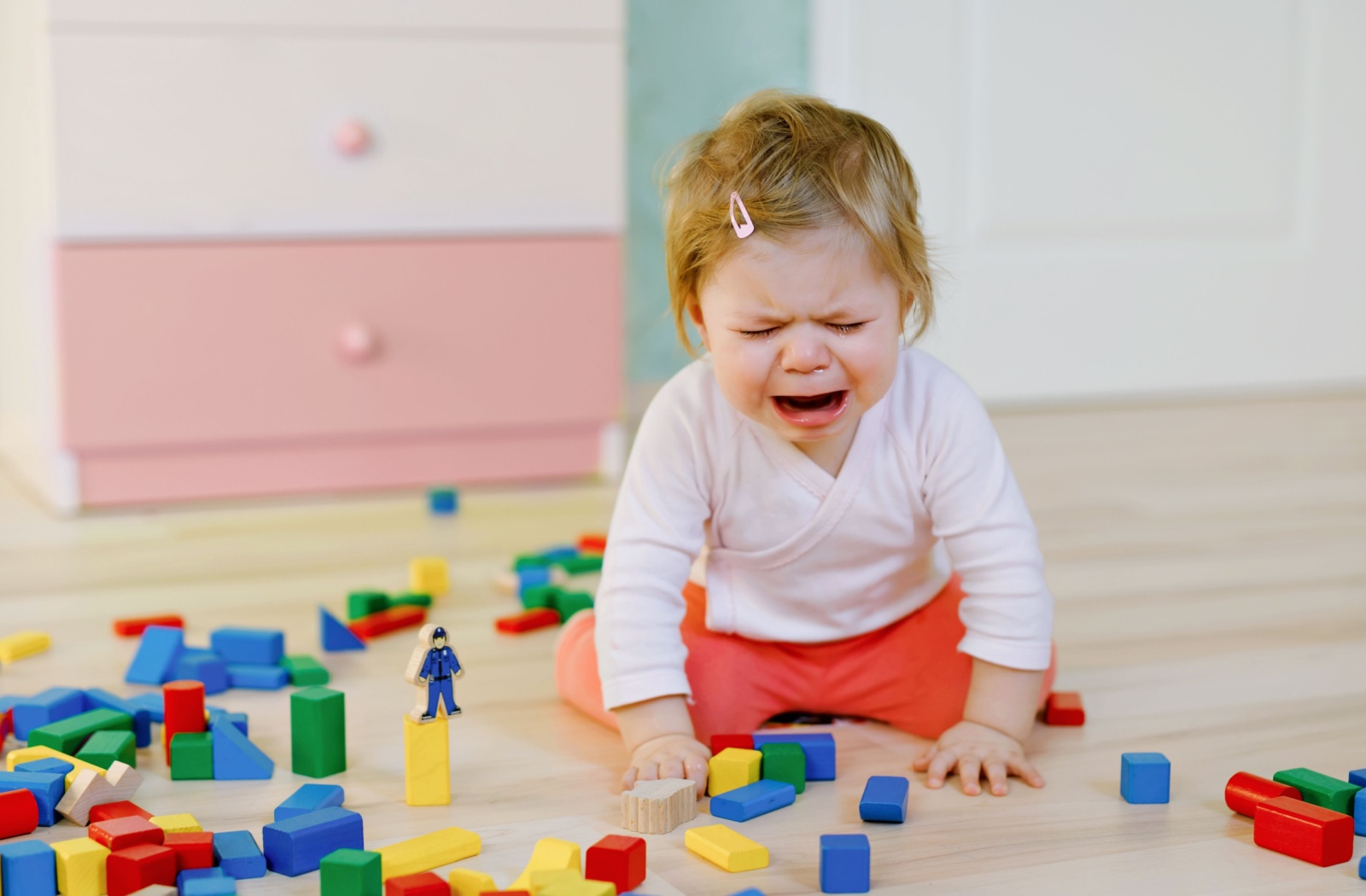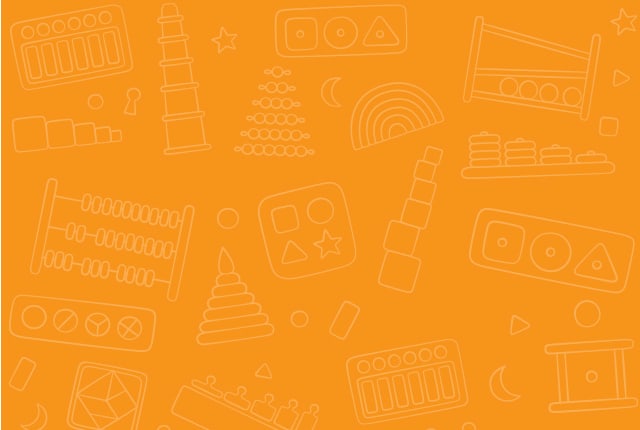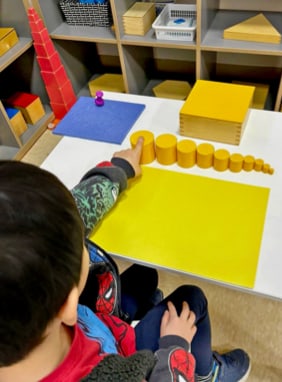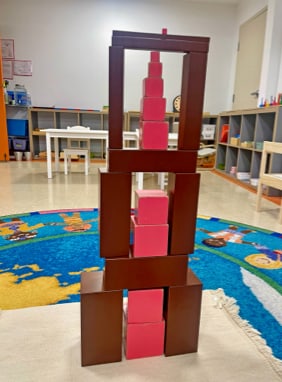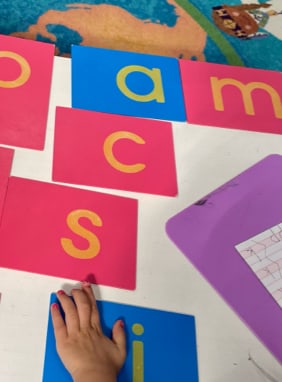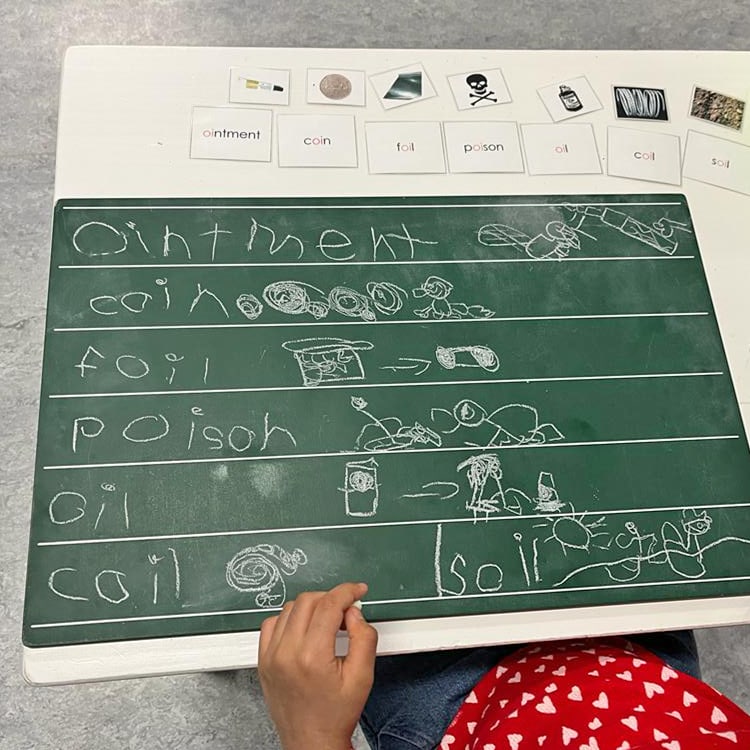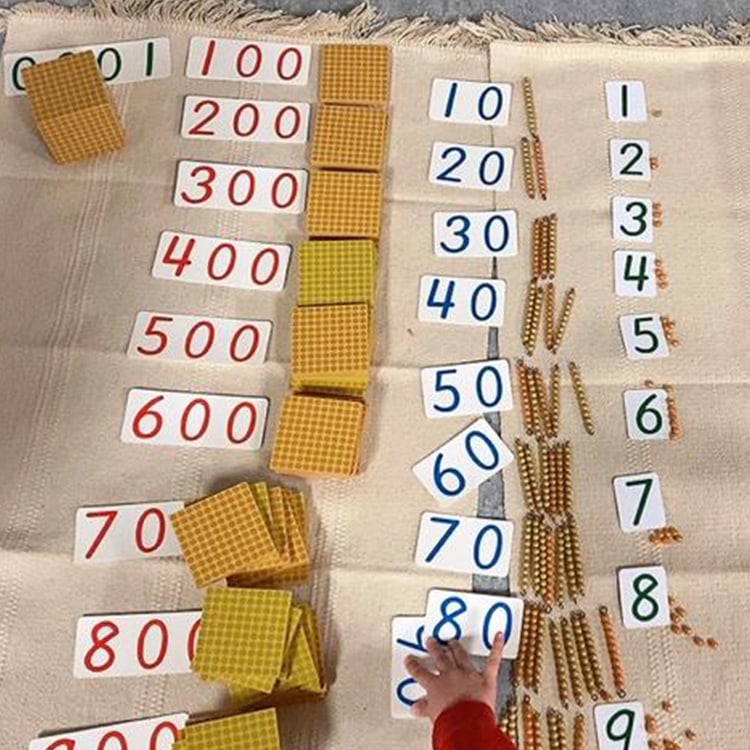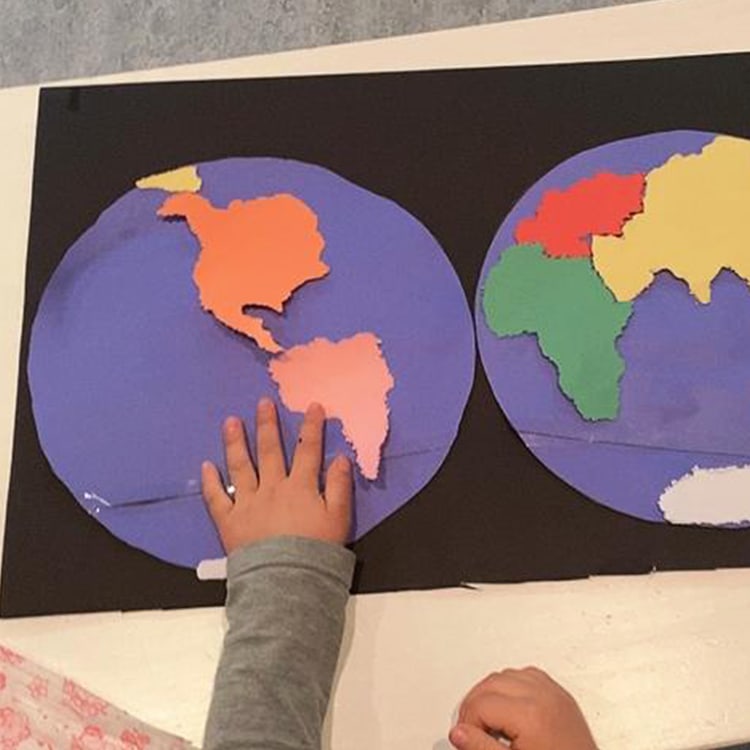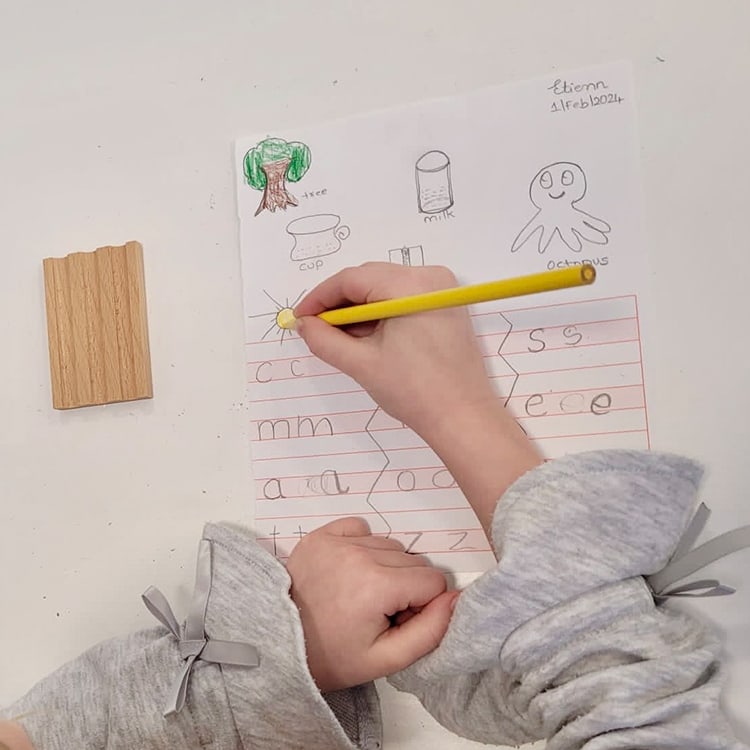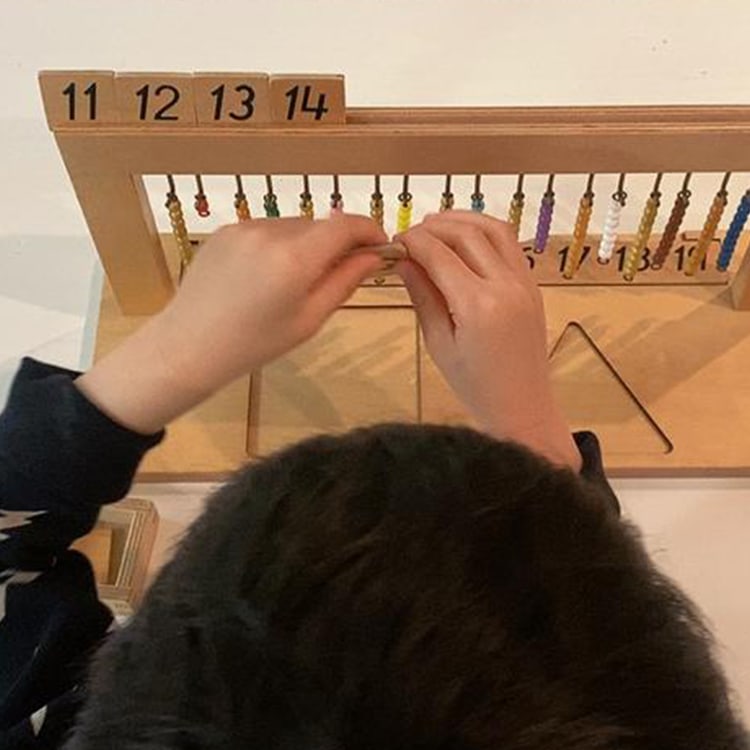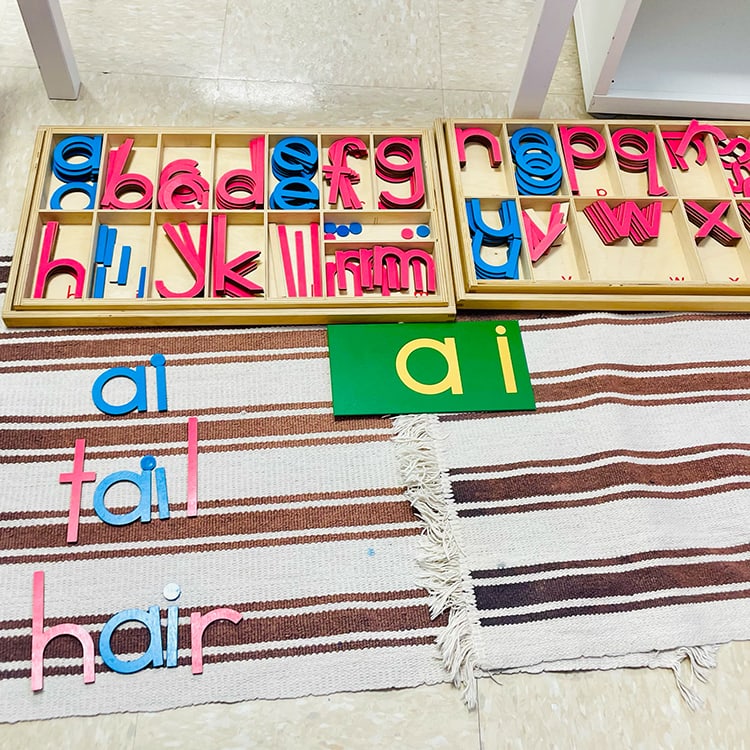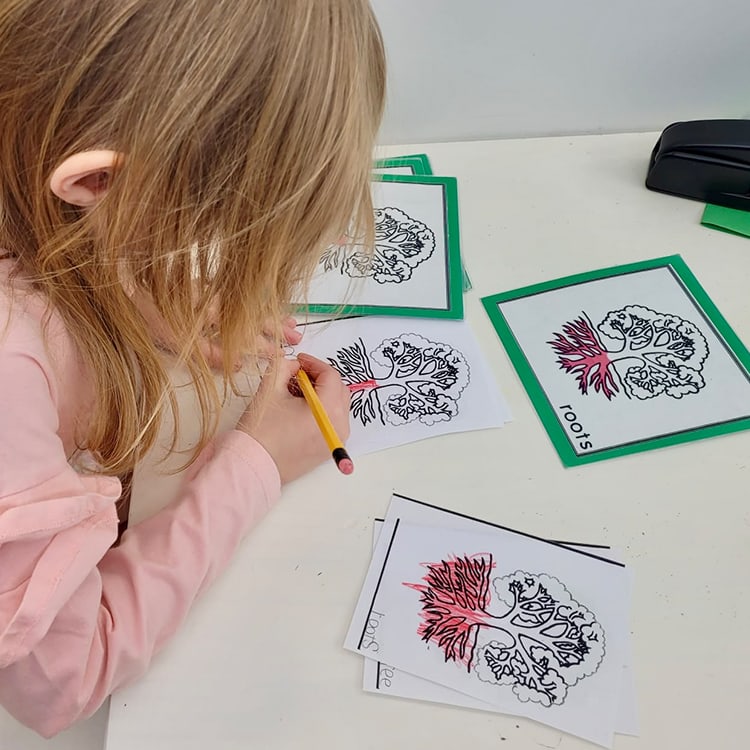From the first smile to that adorable first giggle, early childhood is a period of astonishing growth and discovery. For new parents watching these milestones unfold, there can be a mix of delight and concern—especially when their little ones exhibit frustration. But is frustration a cause for worry, or could it be an essential part of learning?
Babies naturally experience a range of emotions, including frustration, particularly as they interact with toys. It is completely normal for babies to get frustrated with toys, and this frustration is an important part of teaching them to grow to become healthy and happy youths.
The Developmental Role of Frustration
Frustration is normal and an important aspect of a baby’s growth. When a baby experiences frustration, it is often their reaction to a challenge or a limitation. It is a sign they are testing and exploring their boundaries, which is a healthy part of development.
When a baby reaches for a toy just out of grasp or tries to fit a square block into a round hole, it is a moment they are learning. Through such experiences, babies gradually develop problem-solving skills, fine motor skills, and early foundations for emotional self-regulation.
Toys as Tools for Growth
Toys are more than just playthings; they are educational tools that help with sensory-motor development, cognitive skills, and emotional understanding. Certain toys can be puzzling and even frustrating for babies. This is especially true as they explore cause and effect, such as what happens when they push a button or stack blocks.
Naturally, some toys can provoke frustration. A baby’s struggle to master the workings of a toy represents an internal drive to overcome obstacles, which is vital for later success in all types of learning.
Choosing the Right Toys
Not all toys will provoke the same level of challenge, so it is essential to provide an array of options. Sensory toys, like soft books with varied textures or teething rings, help younger babies explore through touch and taste. As they advance, problem-solving toys, like shape sorters, can gently introduce matching and spatial reasoning. Still, they also may bring about that all-too-familiar furrowed brow of frustration.
It is important to present challenges just beyond a baby’s current abilities. This stretching of their capacities, known as the “zone of proximal development,” is where the most significant learning occurs. Toys should not be too advanced to cause persistent frustration or too simple to offer no challenge at all.
Choose age-appropriate toys that offer a mix of challenges. While stacking blocks may frustrate a baby at first, with time and encouragement, that frustration can become a sense of accomplishment.
Recognizing Healthy Frustration
Babies fuss or cry when they cannot accomplish something, and are natural responses that can help fuel their determination to learn a new skill. But how can you, as a parent, differentiate between constructive frustration and a more problematic reaction?
Healthy frustration tends to be short-lived and often resolves when the baby succeeds or moves on to a different activity. If a baby remains irritable, overly aggressive with toys, or consistently disinterested, this may warrant further attention.
Supportive Strategies for Managing Frustration
Parents and caregivers can play an instrumental role in helping babies manage frustration:
- Stay calm: Babies look to their caregivers for cues. If you are relaxed and encouraging, it can help alleviate their stress.
- Offer guidance: Demonstrate how to use the toy and then give them the chance to try again.
- Provide encouragement: Acknowledge their efforts and celebrate small achievements to build confidence.
- Know when to step back: Sometimes, giving babies a moment to figure things out on their own can be more beneficial than immediate intervention.
You can also help foster positive experiences for your child by:
- Rotating toys: Avoid overwhelming your baby with choices by rotating a few toys at a time.
- Creating a conducive environment: Make sure your baby has a safe, comfortable space to play.
- Engaging together: Participate in playtime to make the experience more enriching.
- Adjusting expectations: Every baby is different; what frustrates one may not frustrate another.
Prepare Your Child for a Bright Future
Accepting frustration as a part of your baby’s learning process, arranging for the introduction of appropriate toys, and adopting strategies to manage and support your child’s efforts can promote both healthy developmental progress and emotional well-being.
Encouraging babies to persevere will germinate not just immediate achievements but sow the seeds for future resilience in all aspects of life.At Mosaic Montessori Academy, we monitor children under our care for frustration and can provide resources if your little one often seems frustrated. Together, we can create an environment that is safe and conducive to physical, emotional, and mental growth and stimulation. Contact us today to see how we can help your child develop important life skills.


